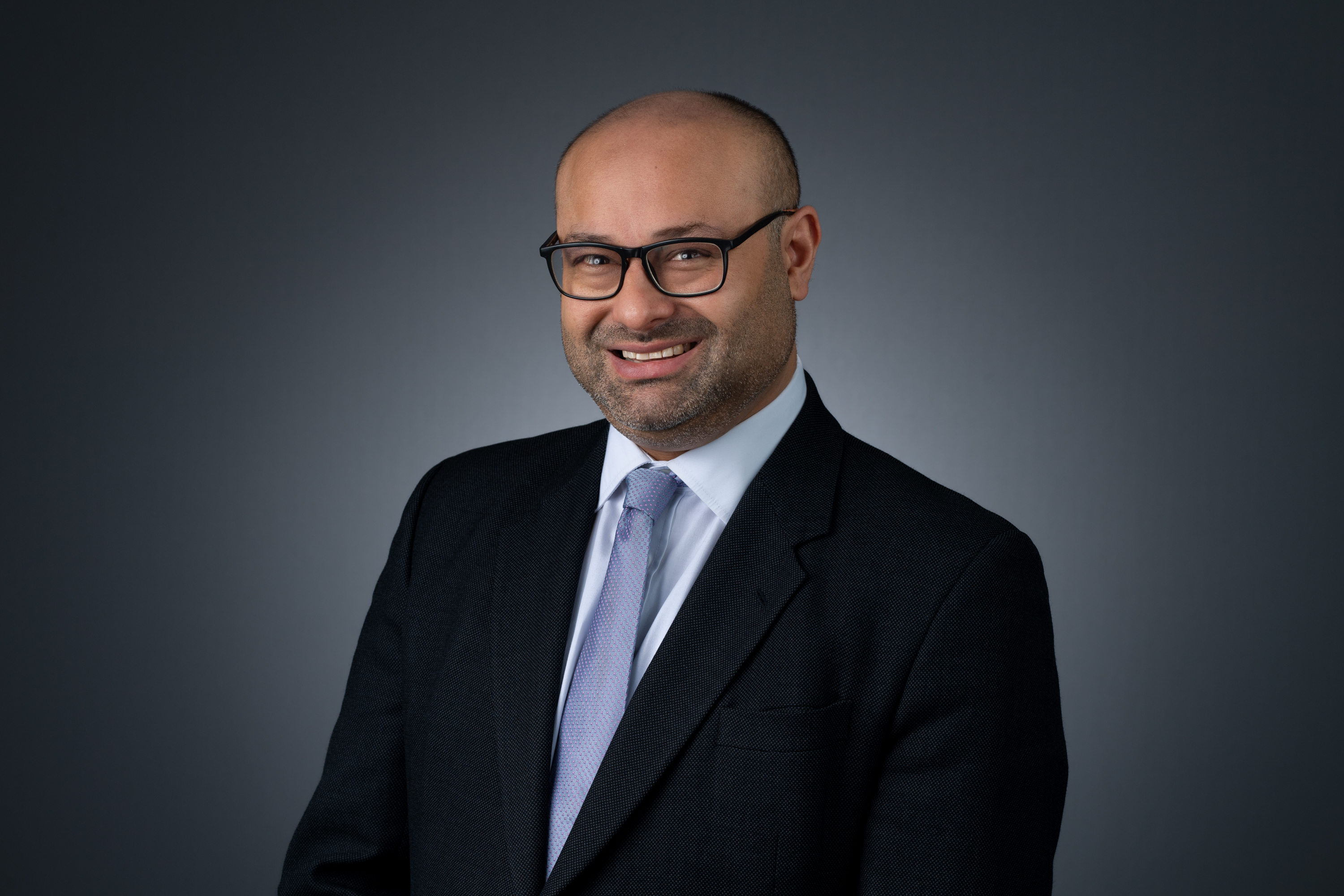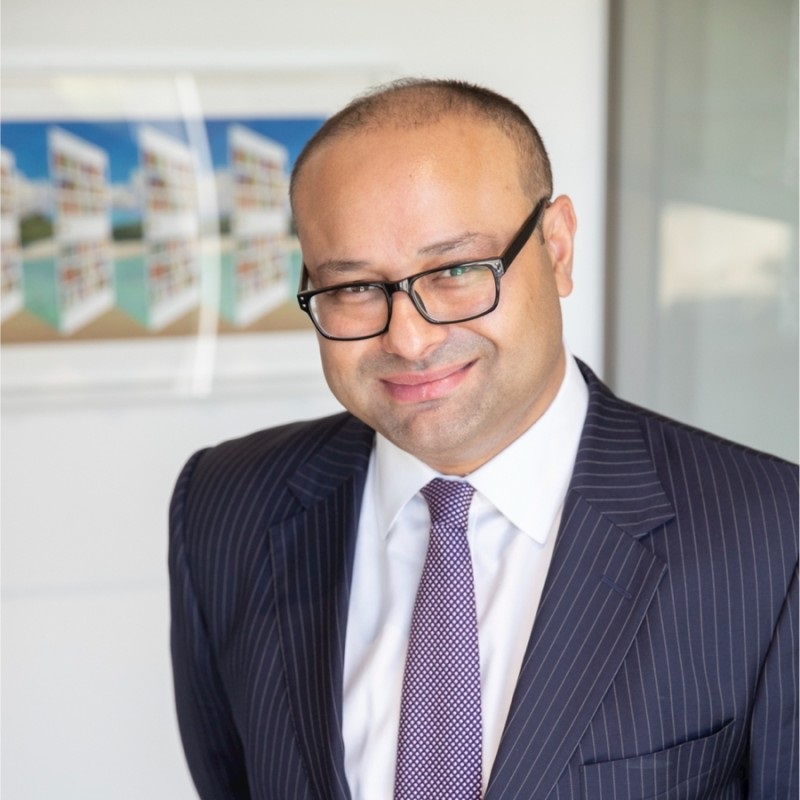Personal Finance | 26 November 2024
AI and the fight against fraud – watch now
Our expert panel including criminologists and entrepreneurs reveal how artificial intelligence (AI) is used by, and against, the scammers in our latest Need to Know Fraud Event.
Our panel
Camilla Stowell, our Head of Private and Commercial Clients, was joined by –
- Dr Nicola Harding – CEO of We Fight Fraud
As a doctor of criminology and CEO of crime prevention group We Fight Fraud, Nicola helps businesses manage threats of serious organised crime, alongside advising the UK Government. - Alex Somervell – Co-founder of Ask Silver
Following a family member’s loss of £150,000 via three separate scams, Alex co-founded Ask Silver, an AI-powered scam-checking tool analysing malicious messages for users via WhatsApp. - Oskar Wismierski – Head of Fraud Analytics & Threat Management at Coutts and NatWest
With a wealth of experience across fraud, analytics and data science, Oskar is leading the charge in anti-fraud solutions and the influence of AI in developing these.
KEY POINTS DISCUSSED
£570 million was lost to fraud in the first half of 2024, however £710 million’s worth of fraud was prevented.
40% of all reported crimes are frauds and scams and 92% of those joining our event said they had been approached by a scammer in the last 12 months.
The difference between fraud (faking someone’s identity) and a scam (typically requiring someone’s interaction).
How financial criminals use generative AI to disguise their background, gender, age or identity to make them seem like someone more recognisable to the victim.
How data harvested by scammers can be used to create deepfakes and an example of just how convincing a deepfake can be.
How AI can spot and combat fraudulent programmes which are also using AI, and how banks are using AI to scale up their fraud tracing and develop best practice as a sector.
How scammers can mimic our loved ones or those close to us to trigger an emotional response and the specific triggers they look out for – i.e. ego, fear, desire.
Scams to look out for – purchase scams trying to dupe you into buying fake or non-existent goods which could lead onto impersonation scams, whereby a criminal pretends to be your bank, and investment scams encouraging you to drip feed money into a fraudulent venture.
Although we weren’t able to answer all your questions live during the event, we will continue to update this section of our website with additional information. We encourage you to check back for the latest updates.
“They will do everything that you would think a normal, acceptable person wouldn’t do. The rule book goes out the window with criminals”
Dr Nicola Harding
ADVICE
If you suspect an impersonation of a family member, ask a question only the real person would know the answer to – without giving away any information.
Understand that anyone can be scammed and nearly all of us are being targeted. There is no shame if you are caught off guard, and reporting your experience helps prevent future scams.
Be curious, be sceptical. Take time to pause and check with a trusted third party if you are unsure about something.
PHYSICAL PHONE SAFETY
So many of us use our mobile phone for everything, making it a goldmine of information and access to a criminal –
Be aware of phone snatchers, even children are now target adults asking to borrow their phone to ‘call their parents’.
Only allow biometrics to be turned off on your phone after you have logged in with your biometrics – not the passcode which can easily be stolen.
Only allow airplane mode to be disabled by yourself.
Fraud and scams can happen to anyone. If you think you’ve been targeted by a fraudster or to report anything suspicious, call us straightaway on 01534 282 100. We can help.
If you receive an unexpected call claiming to be from Coutts ask them for your ‘challenge word’. If the caller cannot give this to you hang up straightaway.
If you haven’t set up your challenge word already, simply contact your banker or speak to us on 01534 282 100. They’ll give you a form to complete to set up your challenge word.
All calls with Coutts Crown Dependencies are recorded for training and monitoring purposes.
The above article has been written and published by Coutts Crown Dependencies investment provider, Coutts.
More insights



